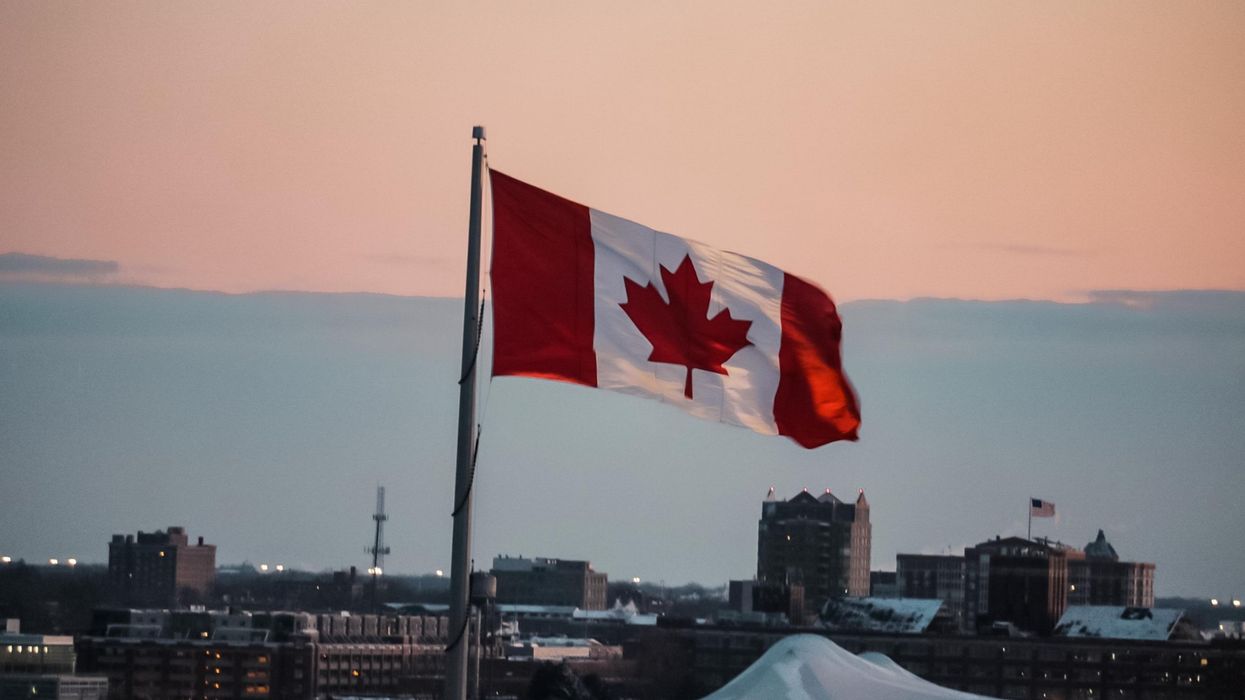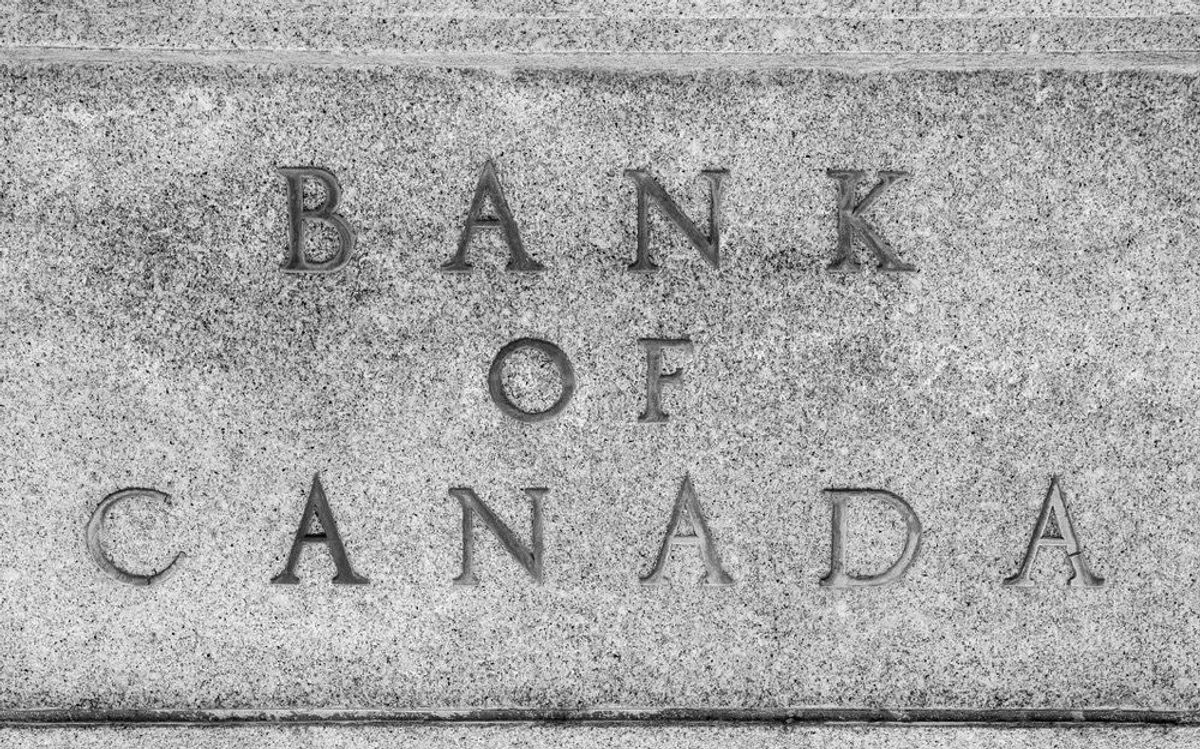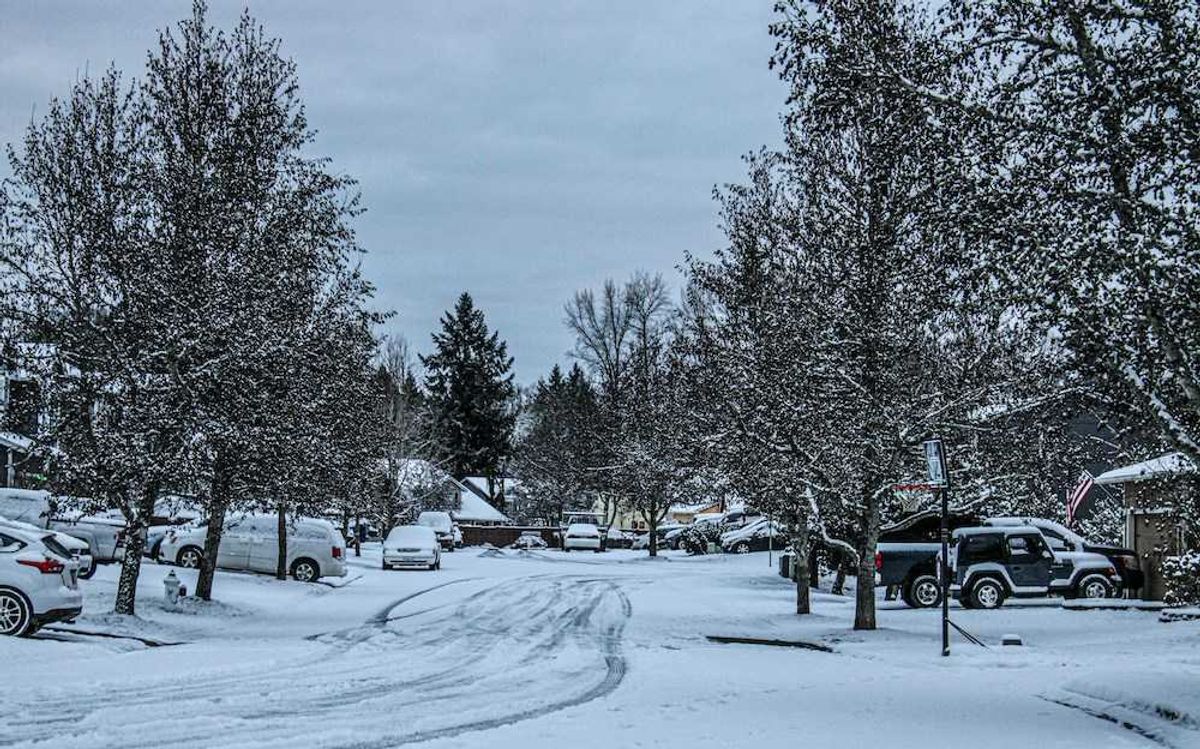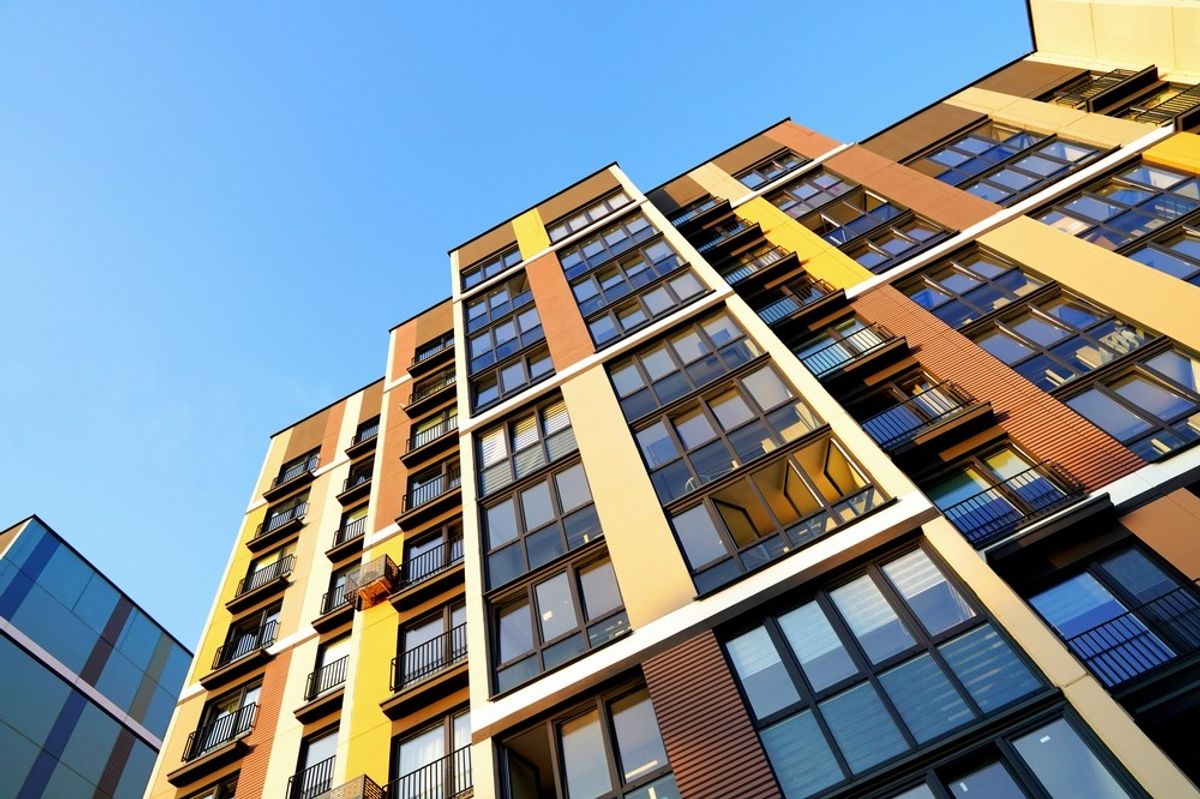A recent CBC poll revealed that despite Canada’s strong economic growth, affordable housing remains a top-of-mind issue for the majority of voters. With the rising costs of basics such as food and gas, Canadians are reeling from the anxiety to afford life in general.
That anxiety includes, first and foremost, affordable housing. Poll respondents said that the lack of available rental units and inflated real estate prices excluded so many people from the market. Since the CBC News-commissioned poll noted that housing was the biggest single expense for most Canadians, federal parties have begun to roll out their platforms to address the affordability crisis.
READ: First-Time Home Buyers Incentive Limits Torontonians To Buying Condos
The Liberals have promised to build 100,000 affordable housing units over the course of the next decade and to encourage home ownership through a first-time buyer incentive that subsidizes up to 10 per cent of the purchase of a new home and five per cent on resale homes.
The First Time Home Buyer Incentive Program (FTHBI) program, however, only covers home values up to $789,000, replacing the current cap of $480,000 in the hot housing markets of the Greater Toronto, Vancouver and Victoria, B.C. Prime Minister Justin Trudeau also promised a one per cent annual vacancy tax would be applied on non-resident, non-Canadian owners.
The NDP upped the ante with a commitment to build 500,000 affordable units within the decade. Meanwhile the Conservatives have skirted the issue by saying they “want people to get ahead, not just get by”. Absent at this point is the specification of “which” people the Conservatives are referring to. Somehow, the Conservatives argue that eliminating the carbon tax will somehow make this happen.
READ: Real Estate Terms All First-Time Homebuyers Should Know
Meanwhile there is some vague talk among Conservatives about easing building regulations in order to increase housing supply.
Recent data gathered by the Canadian Rental Housing Index revealed that Toronto renters who earned $45,498 a year are dedicating 40 per cent (or more) of their earnings to monthly housing costs. Live outside the downtown core, in York or Peel region, and those middle income earners are paying an average of per cent 44 and 38 per cent respectively.
In Regina, low-income renters spend more than half their pre-tax earnings on rent and utilities. In Calgary it's 62 per cent, and 91 per cent in Vancouver.
READ: Toronto’s New Home Buyer Fees Are Three Times That Of New York
Maybe this is why so many adult children are returning to live with their parents – they have to do so in order to save for rent (or ideally, a down payment). However, as population growth increases in urban centres in Canada, there are even fewer available units to choose from. In 2018, for example, the Canada Mortgage and Housing Corporation reported that there were 37,000 new apartments built nationwide – however, demand had increased by 50,000.
Given the dismal statistics with respect to affordable housing, Charlottetown Mayor Philip Brown says the federal political party leaders need to be discussing the issue in a more direct manner. As he told CBC News: “"We have a problem with affordable and accessible housing." Brown says he told Trudeau on a call shortly after his election as mayor in November 2018 that "we need more public spending from the provincial and federal governments to up the supply of affordable and accessible housing."
While Charlottetown struggles with housing for locals (as many tourists eat up available spots due to tourism and short-term rentals, Brown notes that every community faces its own unique struggles.
READ: Justin Trudeau Promises To Expand First Time Home Buyer Incentive
Housing prices are out-of-reach right across the country. Data from the Canadian Real Estate Association (CREA) shows prices have jumped 38.5 per cent in the past three years alone in Charlottetown. By comparison, prices rose 25.3 per cent in Toronto, 21.6 in Ottawa and 33.3 in Victoria.
As reported by CBC News, “a global survey by money manager BlackRock Inc. found that many Canadians feel that they are in a financial squeeze — hard pressed to save amid what they perceive as a high cost of living, including devoting much of their income to paying for their homes."
Heading into the Oct. 21 vote, Canadians are obviously looking for the federal party leaders to do more than simply propose housing that might eventually be built a decade from now.
It’s up to voters to press the parties for answers on affordable housing.





















